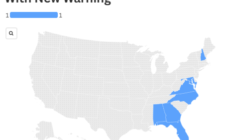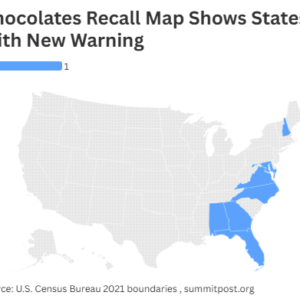-
Chocolates Recall Map Shows States With New Warning - 12 mins ago
-
Phillies vs. Astros Highlights | MLB on FOX - 21 mins ago
-
Jaxson Dart Makes Noteworthy Leap on NY Giants’ Depth Chart - 51 mins ago
-
Blue Jays vs. Guardians Highlights | MLB on FOX - about 1 hour ago
-
Groundbreaking discovery made about massive icy comet hurtling through deep space - about 1 hour ago
-
Self-proclaimed skinhead convicted of threatening pregnant Black woman - about 1 hour ago
-
ASOS says they banned shoppers for making too many returns - about 1 hour ago
-
Cubs Called ‘Best Fit’ In Potential Trade For $45 Million Star Seth Lugo - 2 hours ago
-
2025 NBA Draft: Mavs select Cooper Flagg, Does Ace Bailey fit with Jazz? - 2 hours ago
-
Suns Acquire Mark Williams in Shocking Draft Night Blockbuster Deal - 2 hours ago
Bóka: Hungary did not join EU to abandon national interests and adopt a federalist plan
János Bóka said Visegrad cooperation “is important and still viable” as a countervailing force.
János Bóka, the EU affairs minister, told a Visegrad Group event on Monday that Hungary did not join the European Union to abandon its national interests and adopt a federalist plan.
In his speech opening this year’s V4 Diplomacy Academy at the National University of Public Service (NKE) in Budapest, Bóka said that contrary to paying obeisance to the Robert Schumann model based on the German-French reconciliation and the duo’s dominance of Europe, central Europeans wanted to reunite Europe by joining the bloc in 2004 and shaping legislation that determines European life.
But, he said, now the forces of centralisation were in conflict with the idea of cooperation between sovereign member states.
Central Europe’s historical experiences differed from those of Western Europe, where the prevailing fear was that nationalism led to wars, he said, adding that national sentiment and the nation state “are positive concepts in central Europe,” which ensured survival against dictatorship.
The minister said the current EU bureaucracy had become a political actor and was trying to govern Europe in an increasingly politicised way. Some decisions, he added, were based on satisfying the interests of left-wing forces that derive their ideology from the events of 1968.
Visegrad cooperation “is important and still viable” as a countervailing force, he said, adding that the V4 could still play an important role in better enforcing their interests, despite the differences between its member states.
Source link































